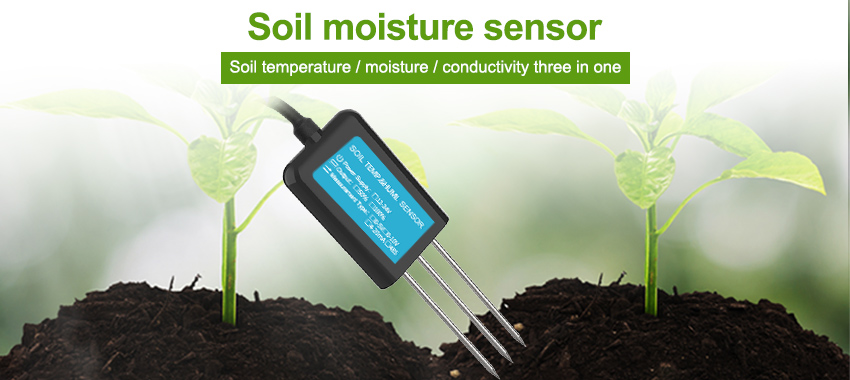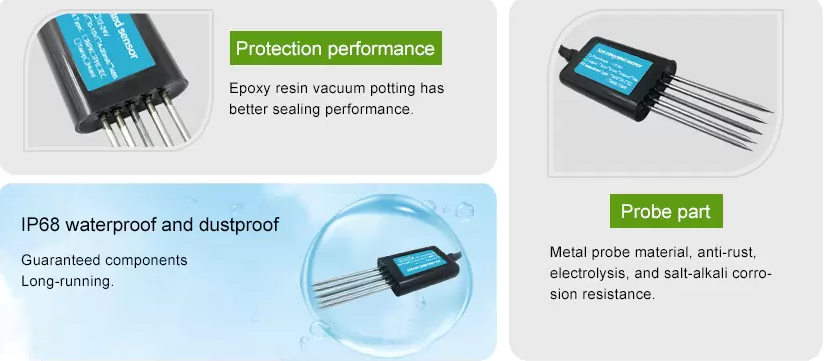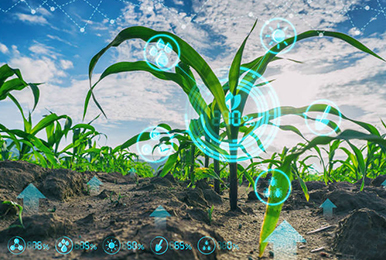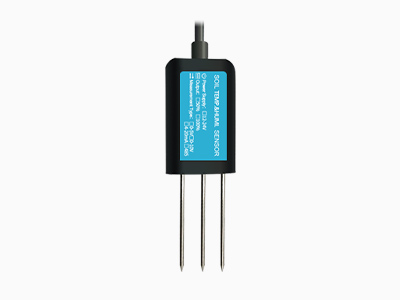In recent years, soil moisture probe, as a tool to measure soil moisture, has provided valuable data for farmers to optimize crop production. Soil moisture is a crucial factor in agriculture production, affecting plant growth and yield. However, traditional methods of measuring soil moisture, such as visual inspection or manual testing, can be time-consuming and inaccurate.

Learn about the soil moisture probe
A soil moisture probe is an electronic device that measures the amount of water in the soil by detecting changes in electrical conductivity. The probe has two metal rods that are inserted into the soil, and when a current is passed through them, the electrical resistance provides a measurement of the soil moisture content. This data is then transmitted to a computer program or mobile app, where it can be analyzed and used to inform irrigation decisions.
Benefits of using soil moisture probes

One of the most significant benefits of using soil moisture probes is that they provide real-time data on soil moisture levels, allowing farmers to make more informed irrigation decisions. By understanding the soil moisture content, farmers can optimize their irrigation practices, ensuring that crops receive the optimal amount of water for healthy growth and maximum yield. This can lead to higher crop yields, improved water efficiency, and reduced water waste.
Moreover, soil moisture probes monitor soil moisture at different depths, providing a comprehensive view of soil moisture levels. This information can be useful for farmers who want to understand how water moves through the soil and plan irrigation practices accordingly. In addition, soil moisture detectors detect field areas with high or low soil moisture content, allowing farmers to adjust their irrigation methods accordingly.

Another significant benefit of using soil moisture probes is their ability to reduce water usage and improve water conservation efforts. By providing accurate data on soil moisture levels, farmers can avoid over-watering, which can lead to water waste, soil erosion, and nutrient leaching. Instead, they can optimize their irrigation practices, ensuring that crops receive the optimal amount of water for healthy growth while minimizing water usage and waste.
In conclusion, soil moisture probes have emerged as a revolutionary tool for optimizing agricultural production. They provide real-time data on soil moisture levels, enabling farmers to make informed irrigation decisions, improve crop yields, and reduce water waste. As we face growing water scarcity and climate change challenges, the adoption of soil moisture probes is becoming increasingly critical for sustainable and efficient agricultural production. By using this innovative tool, farmers can optimize their irrigation practices, save water, and increase crop yields, contributing to a more sustainable and prosperous future.
